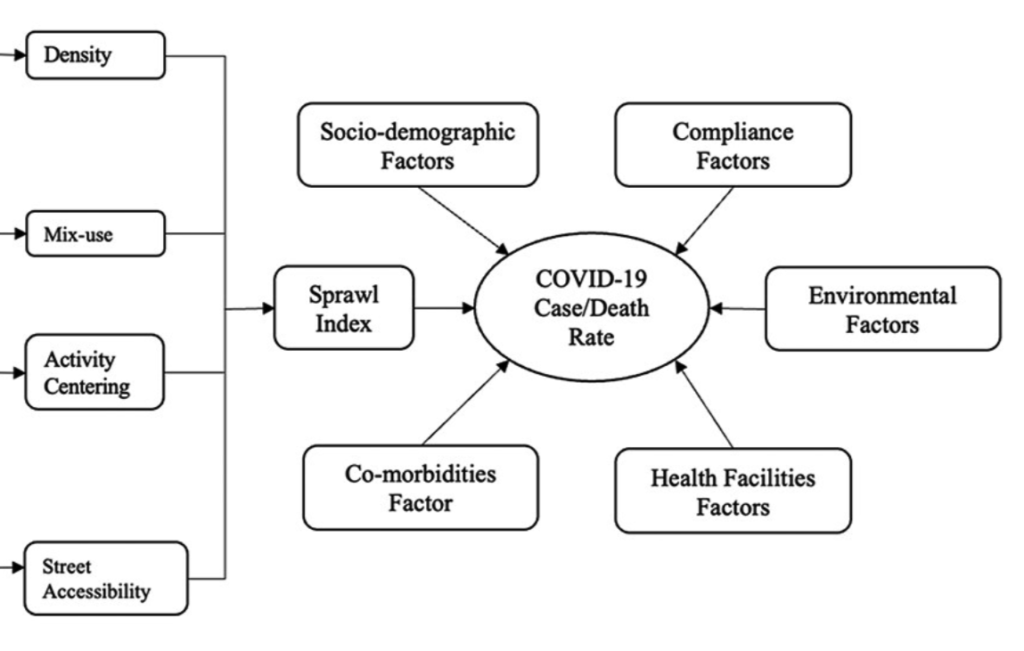City Know-hows

Target audience
City council planning and housing officers, Urban planning community, Housing regulations officers
The problem
Bad smells and odour pollution are known to have a negative influence on our mental and physical wellbeing. This is a problem that is often overlooked and does not get the attention it should considering the negative impacts it causes. Greater consideration should be given to this type of air pollution and more study is needed into the implications of this type of pollution on our everyday lives.
What we did and why
I compared odour complaints made to London Councils in spring 2019 and 2020, looking at the impact of the COVID-10 lockdown restrictions. This showed a significant increase in the number of complaints made between 2019 to 2020 with the implementation of lockdown restrictions. This research highlights an often-overlooked type of air pollution. This topic is important as people continue to work from home which seems to have been a factor in the increase in complaints.
Our study’s contribution
This study highlights a type of air pollution that can negatively impact mental and physical wellbeing, and I think it is a missed opportunity if air pollution of this type is not considered when planning new buildings and renovating older houses. This project demonstrates how odour pollution is clearly impacting residents and emphasises a need to combat this issue especially if we are to continue working in a hybrid way for the foreseeable future.
Impacts for city policy and practice
There are a few keyways in which this research could have city policy and practice implications:
Further information
For further information on the general subject, see Distributed Network for Odour Sensing Empowerment and Sustainability (D-Noses). A project empowering citizens to become a driving force for change and has co-created tools and a map to measure the problem and co-design solutions of odour pollution across Europe.
Full research article:
Related posts

This work unveils the heterogeneous preferences of different hospital users for green infrastructure improvements that could improve their health and wellbeing. Moreover, it shows that distinct motivations determine their demand for spending time outdoors and their willingness to pay for these improvements.

Insights into life conditions of residents in social housing in Medellin, Colombia to contribute to the planning and management of healthier housing using a novel

Compactness level urban areas have different health related outcomes during COVID-19.